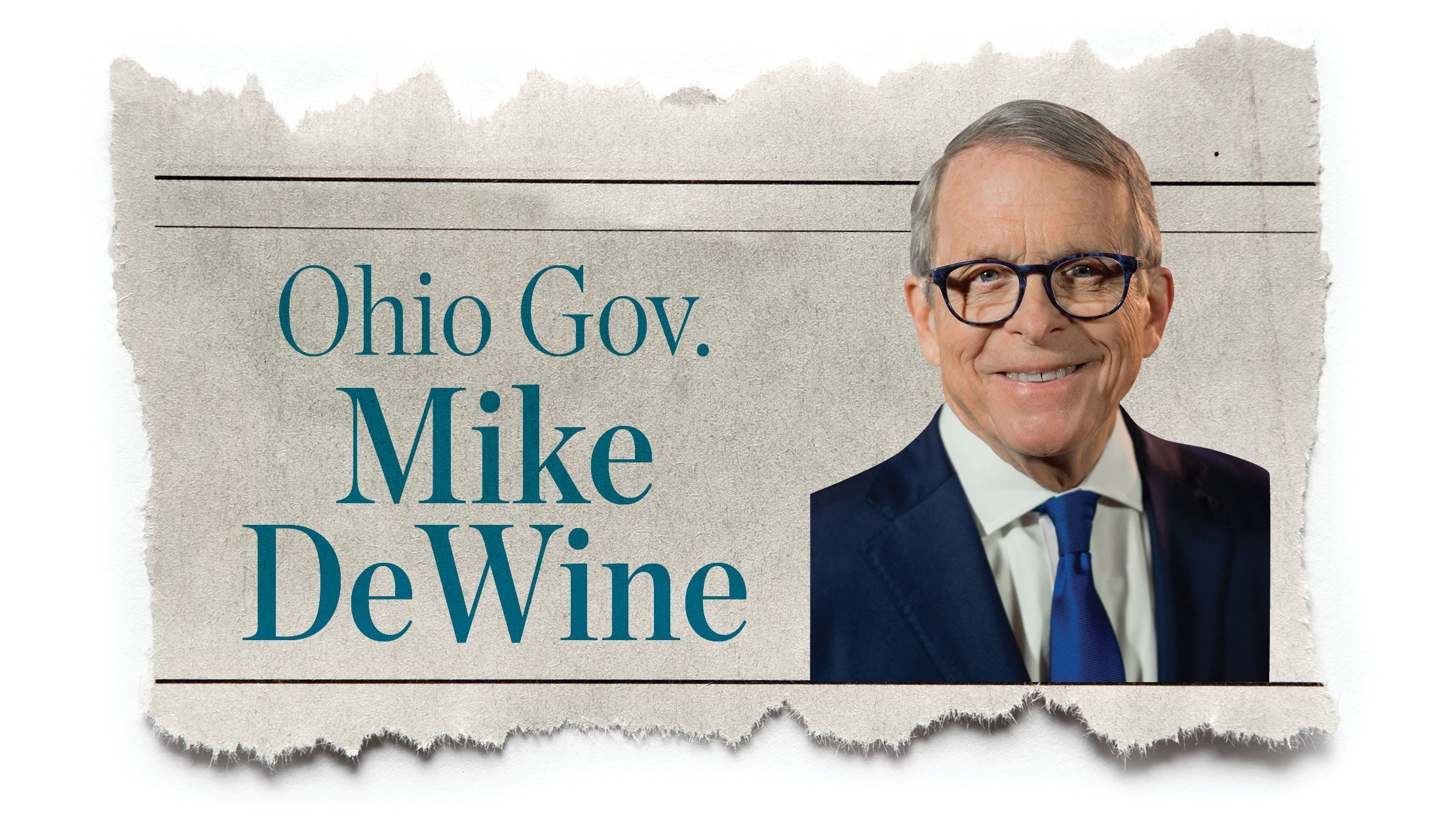Ironton residents to face fee hikes
Published 10:08 am Monday, February 16, 2009
Ironton residents, your water and garbage bills may soon be getting bigger.
Ironton City Council gave first reading Thursday evening to ordinances that would increase trash collection rates from $9.50 per month to $10.50 a month beginning in March. There would also be 50-cent hikes at the beginning of 2010 and 2011. Refuse collection fees were last raised in 1998.
Water rates would increase from $4.40 per 1,000 gallons to $4.70 per 1,000 gallons beginning in March. There would be a 30-cent hike each year for 2010 and 2011. Water rates were last raised in 2001. This rate hike affects only water service. There is no rate hike for combined sewer overflow or sanitary sewer service.
City council member Leo Johnson, who also serves on the finance committee, said the hikes are necessary because preliminary budgets showed both water and trash funds running in a deficit without increases.
“We held off last year but the cost of everything has gone up. For garbage, we’d not had a rate increase in several years and we’ve been trying to absorb costs in other ways. A few years ago we cut one truck. We now have two running. The same for water: the cost of everything has gone up. We’ve tried to hold off but now is the time we have to do it,” Johnson said. Fellow council member and finance committee member Frank Murphy agreed.
“The amount it takes for dump fees, salaries and to run our trucks is more than we were bringing in,” Murphy said of the trash collection hike. “The same thing with water. We’ve asked for minimal increases just to keep both running in the black.”
Johnson pointed out that even with the increase, Ironton’s trash collection fee is the lowest in the area.
Murphy pointed out that the ordinance to raise rates were given first reading only to allow for citizen input.
City council also gave first reading to the city’s 2009 budget. The $5.6 million general fund spending plan calls for increases in some areas while allotments to other departments has been decreased.
The police department budget for 2009 is $1.423 million, some $126,000 less than what was spent last year. Johnson credited Police Chief Jim Carey with keeping overtime costs down, saving the city money on various contracts and even getting some officer training for free.
“Chief Carey and (Fire) Chief (Tom) Runyon are both very, very good managers of those departments and these are the biggest expenses to the general fund,” Johnson said.
The funding for the public services department has been cut as well, $108,928 versus $192,150. Johnson said Paul Sheets, who had been employed in the engineering department, has taken a job elsewhere and will not be replaced. His duties will be distributed to other employees. Also, a clerk in public services will be assisting in other departments.
“We’re trying to save money if we can,” Johnson said.
The budget for city council has also bee reduced by roughly $1,000.
The budget for the finance department has been increased by $35,581, to pay for necessary computer software upgrades.
Even with savings in some areas, Murphy cautioned that the cost of health insurance is going up nearly 10 percent and this is having a negative impact on city finances.





